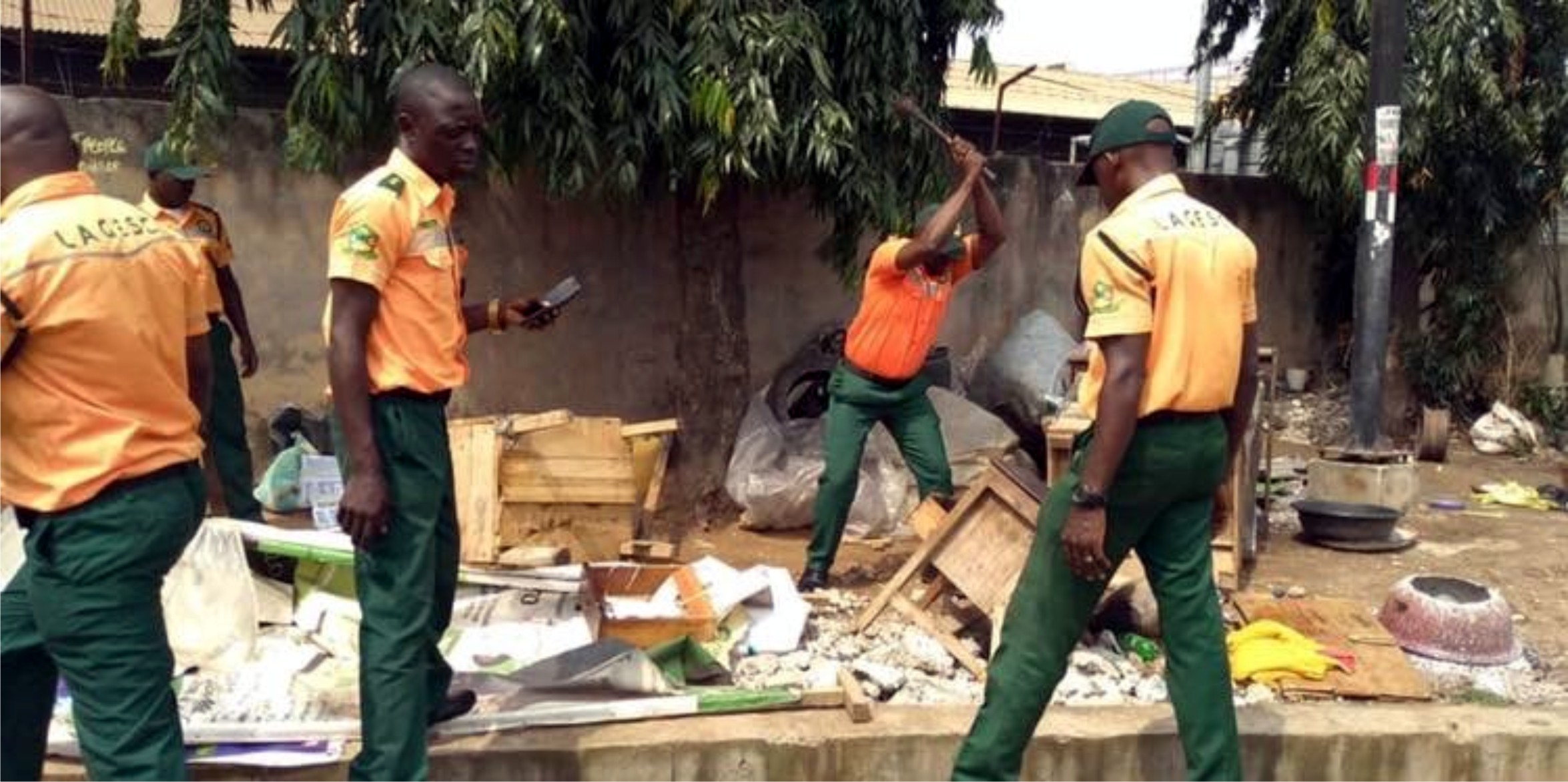Maritime
LASG Vows To Clampdown On Street Traders

The Lagos Environmental Sanitation Corps (LAGESC) has vowed to clamp down on recalcitrant traders that defy various warnings and advocacy on street trading and hawking in the state.
Head, Public Affairs Unit, LAGESC, Adebayo Kehinde, gave the warning in a statement made available to our correspondent in Lagos at the weekend.
The statement quoted the corps marshal of the agency, CP. Akinpelu Gbemisola (retd), as saying that “the governor, Mr Babajide Sanwo-Olu has directed that all the roads in the state be rid of any form of impediment for free flow of traffic as well as safety of all and sundry”.
In her words, “Walkaways are meant for pedestrians to walk and not for trading activities so as to give room for motorists to enjoy smooth vehicular movement”.
The corps marshal further noted the rising numbers of hawkers on major highways which pose grave security implications for motorists as criminals disguise as hawkers exploiting the opportunity to dispossess them of their valuables.
She explained that directives have been given to LAGESC officers to arrest hawkers on major highways for appropriate prosecution, saying “our roads are not for trading but rather people should go into state approved markets to engage in legalised trading activities”.
She recounted that many lives have been lost due to brake failure as “hit and run drivers sometimes knock down hawkers, while some roads are always locked down as a result of activities of traders who display their goods on walkaways and sides for sale, thereby impeding free vehicular and human movements on our roads”.
On the ongoing Ikoyi/Victoria Island clean-up exercise which has recorded remarkable success, she expressed the readiness of LAGESC operatives in sustaining the cleared areas, while also warning that anybody found around these cleared areas will be prosecuted and their goods seized and forfeited.
She also restated the readiness of the State Commissioner for Environment and Water Resources, Mr Tunji Bello, to deal accordingly with any of the Agency’s operatives found compromising on the directives.
Nkpemenyie Mcdominic, Lagos
Maritime
Maritime PCRC Seeks Intelligence Sharing With Western Ports Police

Maritime
Customs Hands Over Seized Cannabis Worths N4.7bn To NDLEA

Maritime
Customs Hands Over Three 21 Ft Containers of Expired Drugs To NAFDAC

-

 Politics18 hours ago
Politics18 hours agoAPC Releases Adjusted Timetable For Nationwide Congresses, Convention
-

 Sports5 days ago
Sports5 days agoArsenal Women End Man City’s Invincibility
-

 Sports5 days ago
Sports5 days agoU-20 WWC: Falconets claim qualifier win
-

 Sports5 days ago
Sports5 days agoInsurance Deepen Enyimba’s Trouble
-

 Sports5 days ago
Sports5 days agoYouth Olympics preparation Gears up
-

 Sports5 days ago
Sports5 days agoCologne Youth Team Set Crowd Record
-

 Sports5 days ago
Sports5 days agoTornadoes Set For NPFL exit over Stadium Ban
-

 Sports5 days ago
Sports5 days agoBarca Pull Out Of Super League Project

